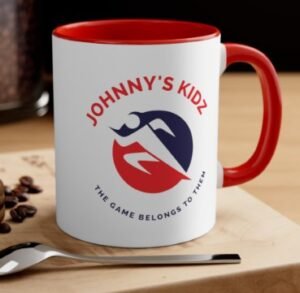Effective Coaching Strategies for Neurodiverse Athletes
Discover expert-approved communication techniques for coaching athletes with diverse neurological conditions, enhancing understanding and performance in youth sports.
Explore practical tips, insights, and strategies for coaches and parents to boost the confidence and performance of neurodiverse athletes.
This guide aims to foster a more inclusive and empathetic atmosphere, tailored to each athlete’s distinct needs.
– Coach Johnny
Introduction
Neurodiversity suggests that brain function and behavior variations are normal within the human population. This is especially true for neurodiverse athletes.
In sports, this idea covers a range of neurological conditions like ADHD, autism spectrum disorders, and dyslexia.
These conditions impact how neurodiverse athletes process information and interact with others.
Athletes with ADHD may struggle with sustained attention yet often excel in sports, demanding rapid focus changes and energy bursts.
Likewise, those on the autism spectrum might find social cues and team dynamics challenging but usually display intense concentration and a robust commitment to routines.
The advantages of neurodiverse athletes
Athletes with dyslexia may find it hard to follow written plays or strategies but often excel in visual and hands-on learning environments, bringing unique insights to the team.
Coaches need to adjust their communication styles to meet diverse needs. By customizing instruction delivery, feedback, and interactions, coaches can significantly enhance the participation and performance of neurodiverse athletes.
These tailored strategies ensure that all athletes get the support they need to use their unique strengths and overcome challenges, improving their sports experience.
By adopting these personalized methods, coaches can profoundly impact neurodiverse athletes’ lives, reinforcing their role in promoting an inclusive and supportive sports environment.
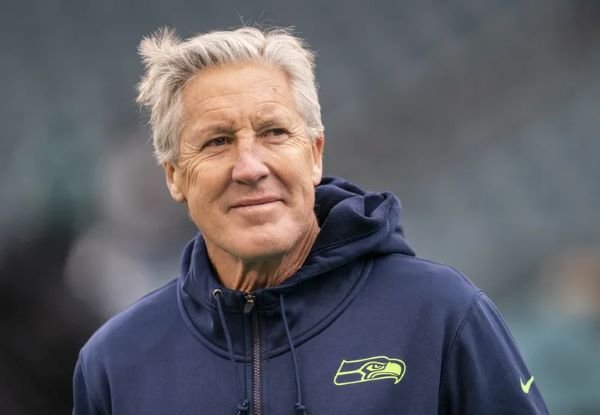
“Each person holds so much power within themselves that needs to be let out. Sometimes they just need a little nudge, a little direction, a little support, a little coaching, and the greatest things can happen.”
– Peter Clay Carroll is an American football executive and former coach, now advisor for the Seattle Seahawks of the NFL.
Understanding Neurodiversity in Sports
Tailoring Coaching Practices to Support Neurodiverse Athletes
Neurodiversity includes conditions like Autism Spectrum Disorder (ASD), Attention Deficit Hyperactivity Disorder (ADHD), and dyslexia.
These conditions often appear in youth sports, presenting challenges and opportunities for coaching and team dynamics.
Neurological differences greatly influence how neurodiverse athletes communicate with their coaches and peers and understand the game.
For instance, athletes with ASD may find verbal communication and social cues difficult.
They might also struggle to grasp nonverbal signals like body language or facial expressions, which are crucial during games.
These athletes usually benefit from consistent routines and may find the unpredictable aspects of sports challenging.
Athletes with ADHD often show high energy and impulsivity, which is advantageous in fast-paced sports.
Yet, they might have trouble focusing during long practices or detailed strategic discussions.
For those with dyslexia, visual strategies and demonstrations are typically more effective than written instructions or playbook reviews.
Understanding and Supporting Neurodiversity in Youth Sports
Recognizing these implications is essential for fostering an inclusive and supportive sports environment.
Informed coaches can adapt their communication techniques, provide clear and concise instructions, use visual aids, and establish consistent routines to cater to the unique needs of neurodiverse athletes.
This tailored approach enhances the sporting experience, leverages their unique strengths, and improves team dynamics and success.
By being knowledgeable and proactive, you can profoundly impact neurodiverse athletes, enabling them to participate and excel in their sports environments.
“I’m not the next Usain Bolt or Michael Phelps. I’m the first Simone Biles.”
– Simone Arianne Biles Owens is an American artistic gymnast emphasizing the value of individuality in sports, a reminder that each athlete, neurotypical or neurodiverse, brings unique strengths to the table that should be celebrated.
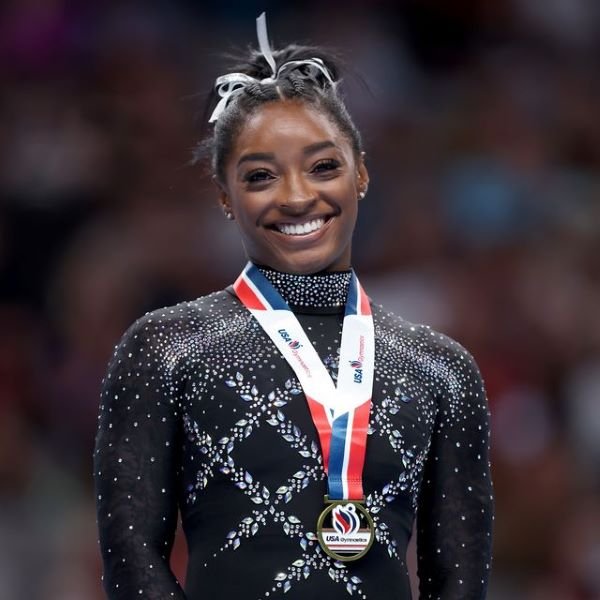
Key Communication Techniques for Coaching Neurodiverse Athletes
Enhancing Communication with Neurodiverse Athletes: Essential Techniques for Coaches
Effective communication is crucial when coaching neurodiverse athletes, and implementing several key techniques can significantly enhance understanding and improve their sports experience.
Clarity and Simplicity
Clear instructions are crucial for athletes with neurological differences. Coaches should use straightforward, simple language, avoiding ambiguous or complex terms.
This method reduces misunderstandings and helps athletes follow instructions accurately and confidently.
Breaking down instructions into short, manageable steps can especially benefit athletes who find processing a lot of verbal information challenging.
Consistency
Consistent communication provides a stable environment for neurodiverse athletes, who thrive on predictable patterns.
Regular routines clarify expectations, reduce anxiety, and improve focus for these athletes.
Using specific phrases or commands consistently helps them recognize and respond more quickly, ensuring smoother and more predictable communication.
Visual Aids
Visual aids like diagrams, graphic schedules, and hand gestures can significantly enhance communication.
These tools support verbal instructions, allowing athletes to recall discussions from training sessions.
For instance, a visual schedule detailing practice routines or game strategies can mentally prepare athletes, boosting their confidence and engagement.
Integrating these communication techniques allows coaches to create a more inclusive and effective training environment that meets the needs of all athletes.
This tailored approach improves athletic performance and enriches each participant’s sports experience.
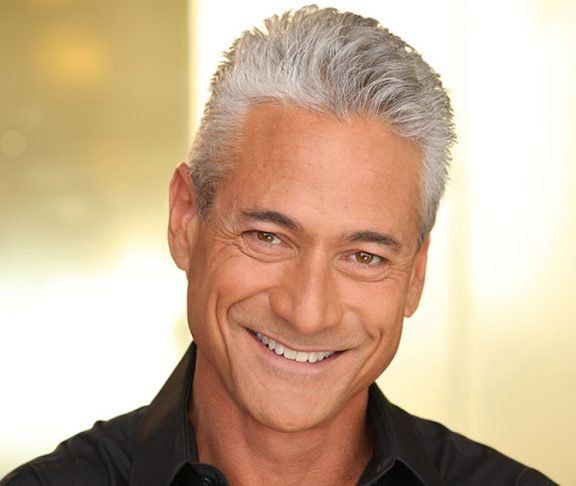
“We all have our hurdles to get over, but if you’re determined to do it, you’ll do it. You don’t have to be the most talented. You don’t have to be the smartest. But if you’re the most determined, you’ll get there.”
– Gregory Efthimios Louganis is an American Olympic diver who won gold medals at the 1984 and 1988 Summer Olympics on the springboard and platform.
Effective Strategies for Engaging Neurodiverse Athletes
Tailoring Coaching Techniques for Neurodiverse Athletes
Effectively engaging neurodiverse athletes requires thoughtful and tailored communication strategies that respect their unique perspectives and enhance their sports experience.
Personalized Interactions
Customizing communication to meet individual needs is essential when working with neurodiverse athletes.
Each athlete may have distinct challenges or exhibit different strengths depending on their neurological condition.
For example, an athlete with ASD might excel at recognizing patterns but struggle with sudden changes or sensory overload.
Coaches can improve interactions by developing personalized communication strategies, such as employing more visual aids for athletes who find verbal information challenging.
These personalized communications are also beneficial for athletes who require more time to process.
Leveraging each athlete’s strengths—like an autistic athlete’s meticulous attention to detail, for example—can also significantly enhance training and performance.
Positive Reinforcement
Providing feedback to neurodiverse athletes should focus on positive reinforcement.
This technique motivates athletes by praising behaviors and efforts that coaches want to see repeated rather than dwelling on errors.
For instance, instead of saying, “Don’t run that way,” a coach might say, “I like how fast you ran; next time, try to keep your form straight to go even faster.”
This method builds the athlete’s confidence and fosters a supportive and constructive learning environment.
Inclusive Language
Coaches’ language should promote inclusivity and respect. It’s important to avoid labels and focus on the athlete’s abilities rather than their limitations.
Using non-discriminatory phrases and words supports a culture of respect and equality among all team members.
Phrases like “Let’s work together on this” or “Can you show us how you accomplished that?” highlight teamwork and each individual’s contribution to team goals, helping every member feel valued and included.
This approach improves athletic performance and contributes to a positive and enriching sports experience for everyone involved.
“Talent wins games, but teamwork and intelligence win championships.”
– Michael Jordan’s insight underscores the importance of cognitive and collaborative skills in sports, echoing the need for coaches to cultivate these aspects within all athletes, including those who are neurodiverse.
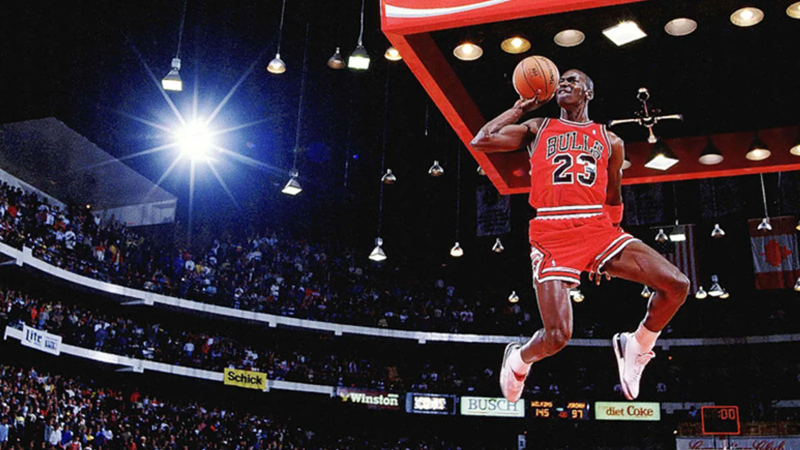
Challenges and Solutions
Neurodiverse athletes often encounter several communication barriers that can impact their participation and enjoyment in sports.
Common Communication Barriers
One significant challenge is misinterpreting verbal instructions or feedback.
Neurodiverse athletes may take figurative language literally or miss social cues, leading to confusion and frustration.
Additionally, sensory sensitivities can make typical sports environments overwhelming or distracting, further complicating effective communication.
Techniques for Handling Misunderstandings and Sensitivities
- Clear and Literal Communication: Coaches should use straightforward, literal language and regularly check for understanding. Asking athletes to repeat instructions in their own words can verify comprehension and provide an opportunity to address any miscommunications.
- Adapting Physical Environments: Modifying the physical environment to minimize sensory triggers can significantly aid communication. Utilizing quieter, less crowded spaces for delivering instructions or allowing athletes to use noise-canceling headphones during explanations can help mitigate sensory overload.
- Gentle and Patient Approach: Effectively managing sensitivities requires coaches’ patience and sensitivity. Providing athletes with time to adjust to new or challenging situations, recognizing their feelings, and encouraging open expression of comfort levels or concerns can create a more inclusive and supportive environment.
By adopting these strategies, coaches can improve the sporting experience for neurodiverse athletes, ensuring they feel supported, understood, and valued within the team.
This enhances their individual performance and contributes to the team’s success.
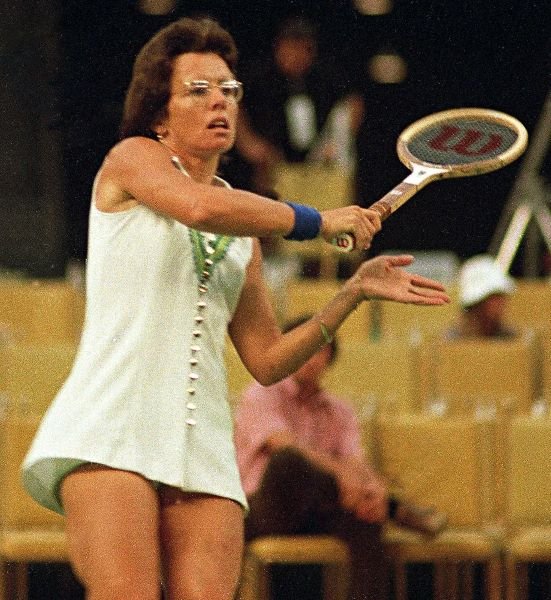
“Sports teaches you character, it teaches you to play by the rules, it teaches you to know what it feels like to win and lose—it teaches you about life.”
– Billie Jean King’s highlights the broader life lessons that sports impart, which are especially valuable for neurodiverse athletes. Sports teaches us about resilience, fairness, and personal growth, underscoring the role coaches play in shaping these experiences.
Expert Opinions and Insights
Gaining insights from experts specializing in sports psychology and neurodiversity can greatly improve the understanding and implementation of effective communication strategies.
Below, I offer some expert opinions and the latest research findings that can help coaches and teams better support their neurodiverse participants.
Expert Quotes:
- Dr. John Ratey, Associate Clinical Professor of Psychiatry at Harvard Medical School:
- “For neurodiverse athletes, the key to unlocking their potential is often found in how we communicate. We must be clear, consistent, supportive, and willing to adapt our approach to meet their needs.”
- Dr. Ratey emphasizes the importance of adaptability in communication, stressing that one-size-fits-all approaches do not work well with neurodiverse populations.
- Coach Sarah Johnson, a coach with a decade of experience in adaptive sports:
- “Every athlete wants to feel understood and valued. When coaching neurodiverse athletes, it’s crucial to learn their language — not just in words, but in actions and environments that resonate with them.”
- Coach Johnson highlights the wider aspects of communication, including nonverbal cues and the training environment, which can significantly impact coaching effectiveness.
Latest Research Findings:
Recent studies have provided new insights into effective communication strategies that facilitate better coaching outcomes for neurodiverse athletes:
- Personalization and Flexibility in Communication:
- A study published in the Journal of Applied Sports Psychology (2021) found that personalized communication strategies tailored to individual cognitive and sensory profiles significantly improved engagement and performance in neurodiverse athletes. These strategies include using athlete-preferred communication modes, whether visual, auditory, or kinesthetic and adjusting these modes as needed during practice sessions.
- Empowering Through Choice:
- A 2022 study highlighted the benefits of involving neurodiverse athletes in the communication process, offering them choices in how they receive instructions or feedback. This empowerment leads to increased autonomy, better engagement, and greater satisfaction with the sports experience.
- The Role of Technology in Communication:
- Technological advances also play a role, with apps and devices that can customize communication for visual or auditory preferences proving useful. For example, apps that convert speech to text or vice versa can help bridge communication gaps, especially in noisy environments like sports venues.
Coaches can develop effective communication strategies that improve performance by integrating these expert opinions and research findings into their coaching practices.
It also ensures that neurodiverse athletes fully integrate into the team, fostering a sense of belonging and achievement.
Join the Conversation: Enhancing Coaching for Neurodiverse Athletes
As we continuously seek to deepen our understanding and improve our skills in coaching neurodiverse athletes, your insights and experiences are incredibly valuable.
I encourage all coaches, parents, and sports enthusiasts to engage in this important discussion.
Share your stories, the challenges you’ve faced, and the successes you’ve celebrated in communicating with and coaching neurodiverse athletes.
What strategies have worked for you? What important lessons have you learned along the way?
Please comment below or connect with us on our social media platforms.
I am keen to hear from you and am excited to learn together how we can foster a more inclusive and supportive sports environment for all athletes.
If you found this post helpful or enlightening, please share it with others who might benefit from these insights.
Let’s collectively strive toward a sports community where every athlete, regardless of neurological diversity, is understood, valued, and given every opportunity to excel.
Join the JK Tribe
Coach Johnny is a youth sports coach with over 30 years of experience. He continues to coach various sports in various age groups (pre-high school) for all genders. He is also the founder of Johnny’s Kidz and the JK Tribe.
If you would like to support his journey and become a Tribe member, reach out and Buy Coach A Cup of Coffee. And remember, The Game Belongs to Them!
